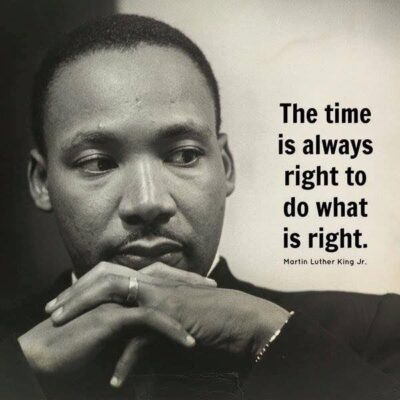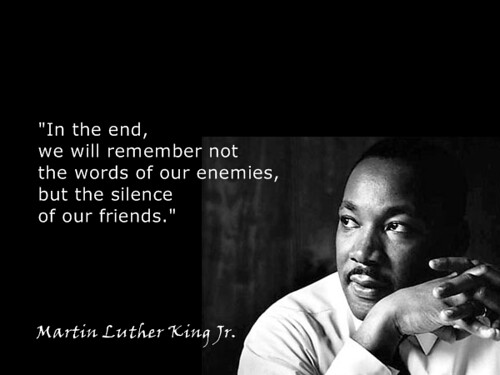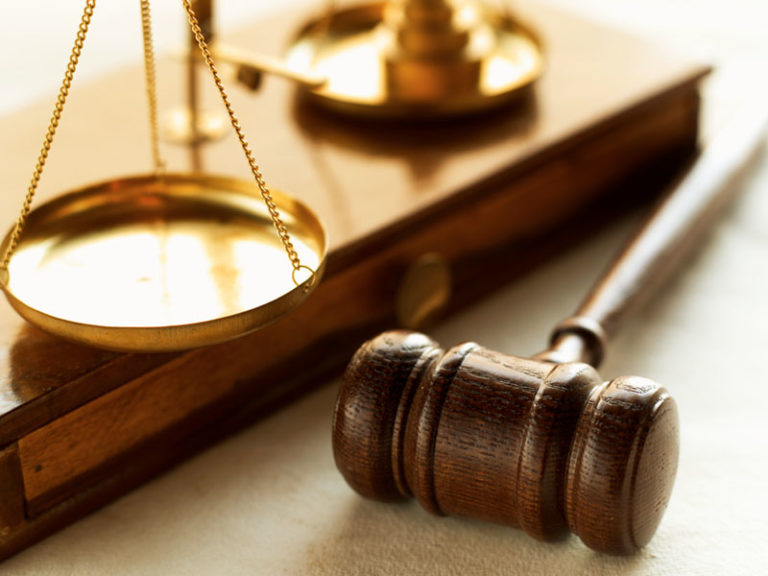Disciples of Martin Luther King Jr. Failed to Champion Palestinian Dream

By Danny R. Johnson – Political News Editor
People of all ideological and religious stripes are prone to using the words of Dr. Martin Luther King, Jr. to fit whatever agenda they have now. The nearly six decades since his death are rife with misappropriation, like when former Arkansas Gov. Mike Huckabee claimed that King would be “appalled” by the Black Lives Matter movement. It is happening again, this time in the social media reckoning around the ongoing Israel-Hamas war.
King’s statement that Israel is a beacon of democracy, which he repeated several times, including during a 1968 speech at the Rabbinical Assembly ten days before he was assassinated, has been prominently discussed in the aftermath of the Hamas terrorist attack on October 7. Actor Amy Schumer shared King’s 1967 rendition of that sentiment on her X account. “The whole world must see that Israel must exist and has the right to exist and is one of the great outposts of democracy in the world,” King says in the widely shared video. Schumer received a swift rebuke from King’s daughter, Dr. Bernice King, who tweeted that while her father was ardently against antisemitism, “I am certain he would call for Israel’s bombing of Palestinians to cease, for hostages to be released and for us to work for true peace, which includes justice.”
It is almost 60 years since Dr. King made his landmark speech about his famous dream. By drawing attention to the plight of the African American people in the United States, he helped establish the Civil Rights movement that served as a beacon of hope for millions of minorities throughout the globe. Had Dr. King been alive today, he would no doubt be talking about the plight of the Palestinians. The volumes of books and essays provide the evidence he left for the world to read and analyze.
Dr. King would have observed that the Palestinians are still not a free people but a people “sadly crippled by the manacles of segregation and the chains of discrimination.” The Israeli government and the Israeli Defense Force sit in occupation over its territories and periodically shuts off access to its economic lifeline. They are forced to live “on a lonely island of poverty amid a vast ocean of material prosperity.” He would have observed that they had been forced into exile in their land, “sweltering with the heat of injustice and oppression.”
We get a glimpse of Dr. King by reading the writings of Nelson Mandela. Mandela wrote: “Palestinians are not struggling for a ‘state’ but for freedom, liberation, and equality like we were struggling for freedom in South Africa.” He said that there are two judicial systems in Israel, one for Jews and one for Palestinians. Palestinian property is not recognized as private property, and it can be confiscated.
The Palestinians live under conditions of apartheid, in a culture of state-sponsored terrorism. The Israeli military machine, the United States and European supplied weapons and technology, wages war to subjugate them. He would have spoken of the imperative to prevent terrorism by trying to get to the root causes– which are social and political–rather than seeking security through military means.

Of course, Dr. King renounced violence and was a firm believer in Gandhi’s philosophy of “ahimsa,” or non-violence. He would have counseled the Palestinians, as he counseled the African Americans on the steps of the Lincoln Memorial on August 28, 1963, that they conduct their struggle on the “high plane of dignity and discipline.” He would have quoted from the Koran that human life is sacred, and under no conditions does Islam sanction the killing of innocent civilians.
He would have been outraged by the suicide bombers who murder civilians in the most cowardly fashion. But he would have been no less critical of a democratic state that bombs innocent civilians indiscriminately on the pretext that they are hiding terrorists in their midst. He would have been shocked that a state would use bulldozers to raise homes on the pretext that they may have once been suicide bombers. And he would have condemned the tactics of this state’s security forces, which snare children into stone-throwing so that they can be gunned down with automatic weaponry.
He would have asked the United States to live by its fundamental values– that all men are created equal– in its foreign and domestic policies. He would have called upon his fellow Americans to value a Palestinian life as much as they love an Israeli life and to recognize the fundamental injustice of a situation where Palestinians, primarily children, and teenagers, can be killed in front of the world’s television cameras. Yet, the blame for violence can be laid on the door of the Palestinians.
Dr. King would have called on the United States to impose economic or political sanctions on the state that deprives its citizens of the most basic of human rights because they are of a different race, not reward it with economic and military aid. He would have pointed out the futility of the United States veto in the United Nations Security Council to prevent the policies of this state from being criticized when it already stands condemned in the eyes of world opinion.
Dr. King would have offered to go to the Middle East and mediate peace between “the children of Abraham.” He would have tried his best to bring the warring parties together. He would have told one that killing terrorist would not solve the problem of terrorism; new ones would arise in their place. He would have said to the others that they would not be able to destroy the state by random killings of its innocent civilians, and the balance of power would ensure that they would lose twenty of their own for every one of the others they kill.
Dr. King would ask both to make genuine peace with each other and visualize the day when both Jews and Palestinian children will be able to hold hands and sing the old spiritual, “Free at last! Thank God Almighty, we are free at last!” Free from our mutual hatred, free from our prejudices, and free from our fears.






